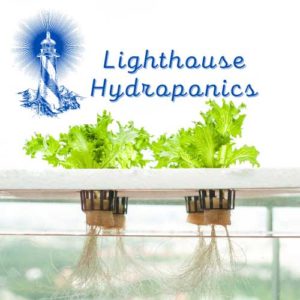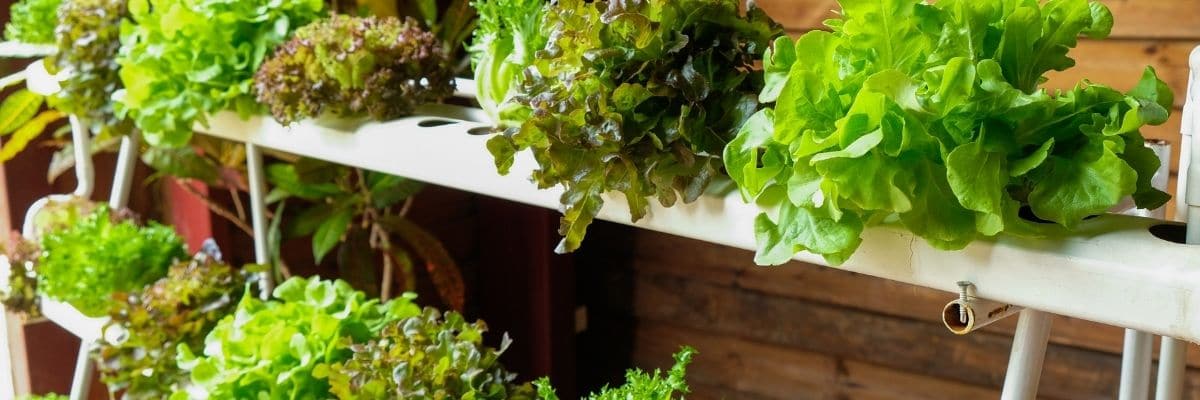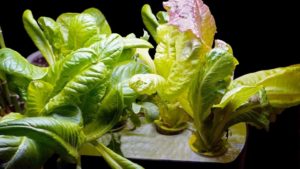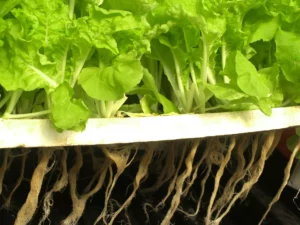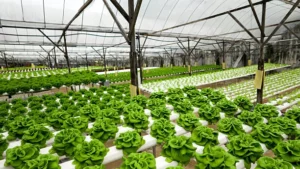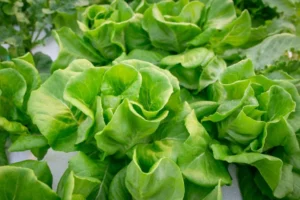Are hydroponic nutrients organic? This is a question that many people ask and the answer is not always clear. In this blog post, we will explore what it means for a nutrient to be organic and we will look at how different types of hydroponic nutrients compare. We will also discuss the benefits of using organic nutrients and some of the drawbacks associated with them. By the end of this blog post, you should have a better understanding of what constitutes an organic nutrient and whether or not they are right for your garden.… Are Hydroponic Nutrients Organic? … Let’s find out!
What Are Organic Plant Nutrients?
Plant nutrients are organic or inorganic compounds that feed the plant and have a profound effect on the plant’s growth. Plant nutrients can be classified into two groups: Primary and Secondary. Organic plant nutrients are derived from natural sources (such as minerals, soil, water) and have been shown to be beneficial for plant health. Photosynthesis is an important process for plants to grow. It generates cellular energy in the form of ATP which is used by the plant to make carbohydrates, proteins, DNA, etc. The other main function of photosynthesis is carbon dioxide fixation which converts carbon dioxide into energy-rich sugar molecules known as glucose or cellulose. This process is called C3 photosynthesis because it uses three different pigments (cyanobacteria) to use sunlight for its energy needs. **Primary Nutrients ** Primary nutrients provide a foundation for plant health – they feed plants and promote healthy growth. They include nitrogen, phosphorus, potassium and iron which must be provided with sufficient amounts at all times during normal growth stages if the plants are going to thrive properly.
Are There Organic Hydroponic Nutrients?
Yes, there are organic hydroponic nutrients made by companies that specialize in making organic ingredients. That being said, not all hydroponic nutrients are organic and many of them contain chemicals like phosphorus. This is one of the downsides to using hydroponic nutrients. There are some synthetic alternatives to using hydroponic nutrients, but these may take up more space in your growing medium or require more energy for the plant to grow. In conclusion, I think that hydroponic nutrients are considered organic if they have been processed through an organic facility.
What Does It Mean When A Nutrient Is Called Organic?
There is a lot of controversy around whether or not hydroponic nutrients are organic. This stems from the fact that the USDA National Organic Program has strict guidelines on what constitutes an organic product and those guidelines do not include hydroponics. However, there is a lot of debate around this topic. One idea is that hydroponic nutrients have been “hybridized” with chemicals, so they are not considered organic by the standards set by the USDA. Another idea is that because hydroponic plant roots live in water instead of soil, plants will absorb more chemicals than if they were grown in soil. Another point of controversy is whether or not it’s even possible to produce a true organic product without using chemical fertilizers or pesticides.
Is Hydroponics Considered Organic?
Hydroponic culture is a type of farming that uses water and nutrients to grow plants. It is a popular method used in the production of vegetables, flowers, herbs, and fruits. Some people regard hydroponic culture as a form of agriculture because it essentially involves growing plants in a soil-less environment. This means that if hydroponics are considered organic, they must be grown entirely without the use of any pesticides or artificial chemicals. But other people define ‘organic’ quite differently. For example, when someone says something is ‘organic,’ they might mean that the product comes from an organically managed farm or that it contains no genetically modified organisms (GMOs). In this context, hydroponic culture would not be considered organic because it does use chemical fertilizers in order to grow plants. So there isn’t a definitive answer to whether hydroponic culture is organic or not as some people define ‘organic.’ However, one thing many experts agree on is that hydroponic culture should be grown using sustainable practices and should be done in a way that doesn’t harm the environment.
How Do You Make Organic Nutrients For Hydroponics?
Organic nutrients for hydroponics can be made from natural sources, such as compost, and non-natural sources. Common non-natural sources include microorganisms and pre-manufactured organic solutions. Non-natural methods are more sustainable than natural methods because they use less land to grow. Making nutrients is a difficult process because it requires careful control over many variables, such as pH levels and nutrient concentrations. The following is a breakdown of the different steps that need to be taken in order to make organic nutrients for hydroponics: Step 1: Collecting or processing water Step 2: Adding micronutrients Step 3: Monitoring pH levels Step 4: Total nutrient concentration Step 5: Testing total nitrogen concentrations Step 6: Adding plant growth stimulants (plant hormones) Step 7: Before you can use the hydroponic medium, you must sterilize it with boiling water
What Hydroponic Nutrients Should I Use?
The most common type of hydroponic nutrients is the chemical-based hydroponic fertilizer. This is because it’s the easiest to use and gives consistent, reliable results. The downside is that these chemicals can be harmful, especially when they’re not used in the recommended amounts. There are also organic liquid-based hydroponic nutrients on the market. These are usually made from natural sources such as seaweed extract, seawater extract, and humic acids. They’re typically more expensive than chemical-based fertilizers but they’re often regarded as more environmentally friendly choices by those who care about reducing their carbon footprint. If you plan to grow your plants inside, you’ll need a soilless medium (e.g., rockwool) to absorb moisture from the air and provide an ideal growing environment for your plants
Can We Use Organic Fertilizer In Hydroponics?
Organic fertilizers are those that have been produced through a natural process. They often contain multiple nutrients, including minerals and the plant’s own food. Most hydroponic systems use mineral solutions to provide the plants with the nutrients they need. Hydroponic systems cannot use organic fertilizers because they do not break down in water like natural ones do. Organic fertilizer also contains ingredients that are toxic to plants, such as nitrogen and sulfur which hydroponic systems don’t need. It can be difficult to know whether or not something is biologically produced or not, but if you’re unsure it may be best to assume that something is organic until you research it further.
